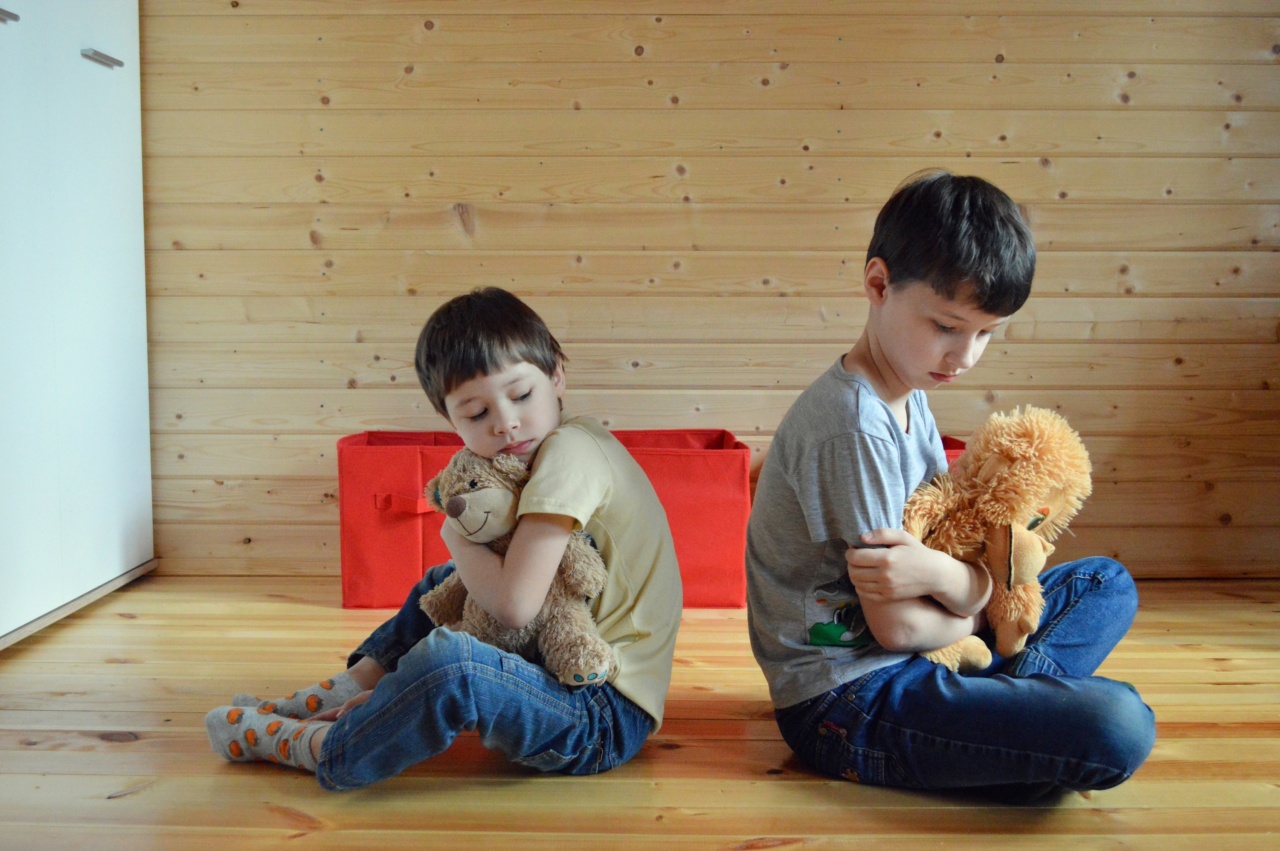There is no greater pain than that of losing a child. Whether it’s a miscarriage, stillbirth, or the death of an infant or young child, the grief is all-consuming and never truly fades.
For parents who have experienced such a loss, every day is a struggle, and the road to healing is a long and arduous one.
The Tragedy of Infant Mortality
The loss of a newborn or young child is something that no parent should ever have to endure. Unfortunately, infant mortality remains a significant issue across the world, particularly in developing countries where access to proper healthcare is limited.
According to the World Health Organization, approximately 2.5 million babies die within the first month of life every year, with the majority of these deaths occurring in sub-Saharan Africa and South Asia.
While many of these deaths are preventable with proper care and attention, the sad reality is that for countless families, the loss of a child is an all-too-common occurrence.
Even in developed countries like the United States, where access to healthcare is generally good, infant mortality rates are still higher than in many other developed nations. In fact, the U.S. has one of the highest infant mortality rates among industrialized countries, with around 6 deaths per 1,000 live births.
A Mother’s Loss: Coping with Miscarriage and Stillbirth
For many women, the journey to motherhood is not an easy one. While some are able to conceive and carry a child to term without issue, others may experience complications such as miscarriage or stillbirth.
Both of these experiences can be devastating, and may leave women feeling like they’ve failed somehow, or that their bodies have betrayed them.
According to the American Pregnancy Association, miscarriage (defined as the loss of a pregnancy before 20 weeks) occurs in up to 20% of all pregnancies.
Stillbirth, or the loss of a baby after 20 weeks of pregnancy, occurs in around 1 in every 160 pregnancies.
For women who experience these losses, grief is often overwhelming, and may last for an extended period of time. It’s important to remember that there is no “right” way to grieve, and that every woman copes differently.
Some may find comfort in seeking support from family and friends, while others may prefer to keep their grief private.
A Father’s Grief: The Unseen Side of Infant Loss
While mothers often receive the lion’s share of attention and support when it comes to infant loss, fathers are too often overlooked.
This is particularly true in cases of miscarriage and stillbirth, where many people assume that the mother is the one who is most affected. However, this couldn’t be further from the truth.
For fathers who have lost a child, grief can be just as consuming as it is for mothers.
However, because men are often expected to be strong and stoic in the face of tragedy, they may feel pressure to hide their emotions or keep their grief to themselves. This can make the healing process even more difficult, and may lead to long-term emotional issues if left unaddressed.
If you are a father who has experienced infant loss, it’s important to remember that your grief is valid and that seeking support is not a sign of weakness.
Whether you turn to a trusted friend, family member, or mental health professional, there are people who can help you through this difficult time.
Coping with Loss as a Couple: Supporting Other Family Members
For couples who have experienced the loss of a child, supporting each other through grief and healing can be a challenge.
While some couples may find that their shared experience brings them closer together, others may struggle to cope with their grief in tandem.
If you and your partner are navigating the difficult path of infant loss, it’s important to communicate openly and honestly with one another.
This may mean sharing your feelings of sadness, anger, and frustration, or it may mean simply being present with each other as you work through your grief.
In addition to supporting one another, it’s important for couples to seek support from outside sources as well.
This may mean attending support groups or counseling sessions together, or it may mean connecting with other couples who have experienced similar losses. By building a strong support network, you can help one another heal and move forward in your own time.
Honoring Your Child: Coping with Loss Through Remembrance
For many parents who have experienced the loss of a child, finding ways to remember and honor their child can be an important part of the healing process.
This may mean creating a memory box filled with photographs and mementos, or it may mean dedicating a special garden or space in your home to your child’s memory.
Some parents choose to participate in marches or events for infant loss awareness, while others may choose to volunteer their time or donate money to organizations that support families who have experienced similar tragedies.
Whatever form it takes, the act of remembering your child can be a powerful and healing experience. By keeping your child’s memory alive, you can honor their life and find comfort in the knowledge that they will never be forgotten.
Conclusion: Finding Hope in the Midst of Grief
Infant loss is a tragedy that no family should ever have to endure. However, for those who find themselves facing this difficult road, it’s important to remember that there is hope for healing.
Whether you seek support from friends and family, counseling services, or other resources, there are people and organizations that can help you navigate the complex emotions and struggles of infant loss.
Through the act of remembrance and honoring your child’s memory, you can find a sense of peace and comfort in the knowledge that their life had meaning and impact.
Although the pain of loss may never truly fade, there is always the possibility of finding hope and healing in the midst of grief.





























